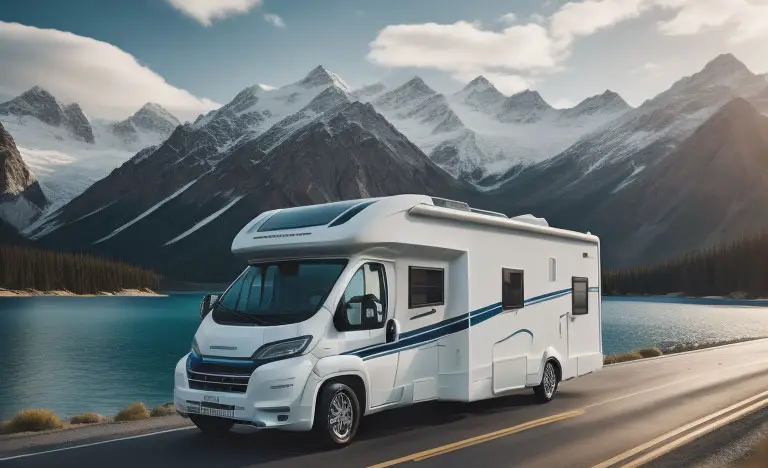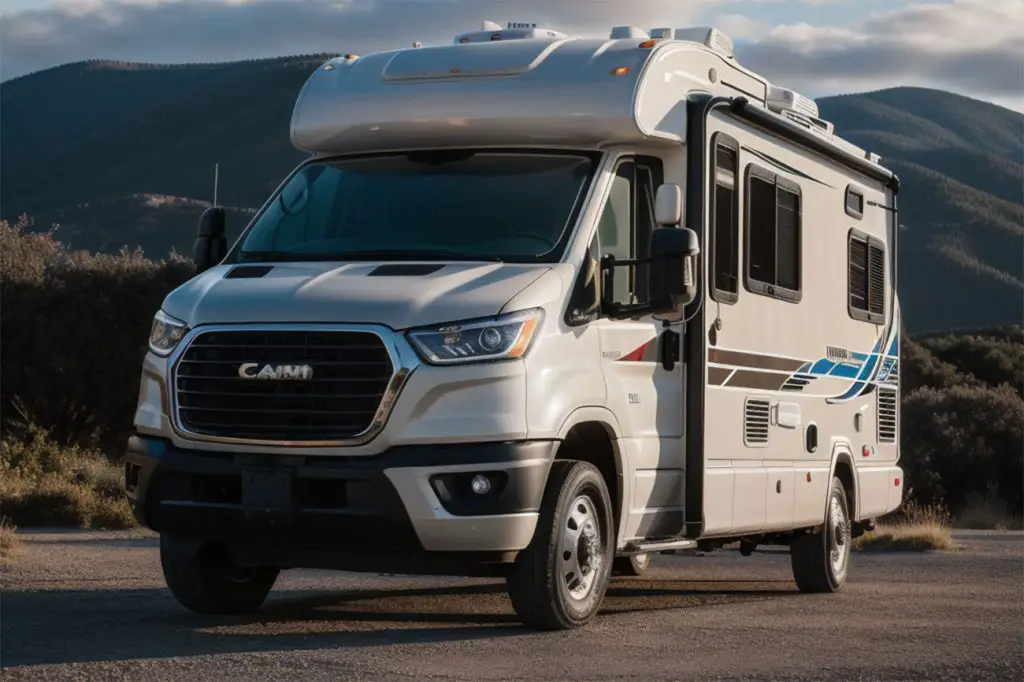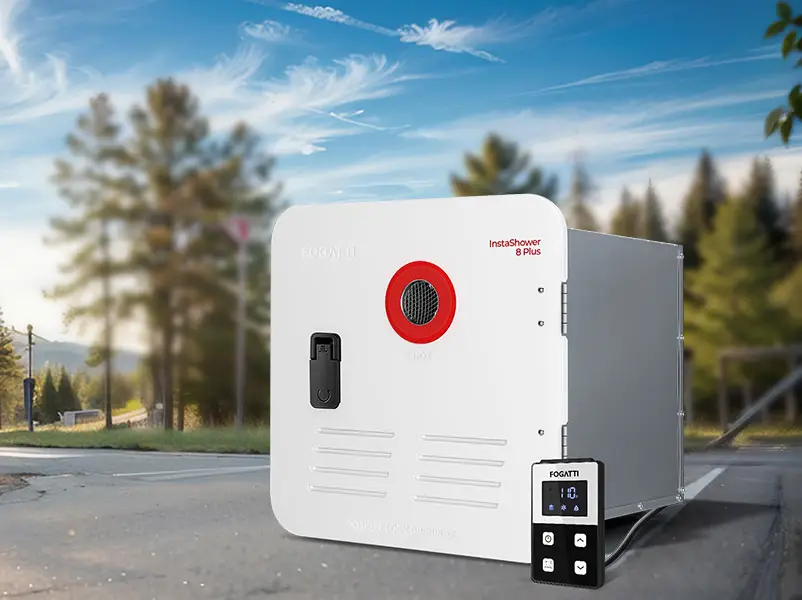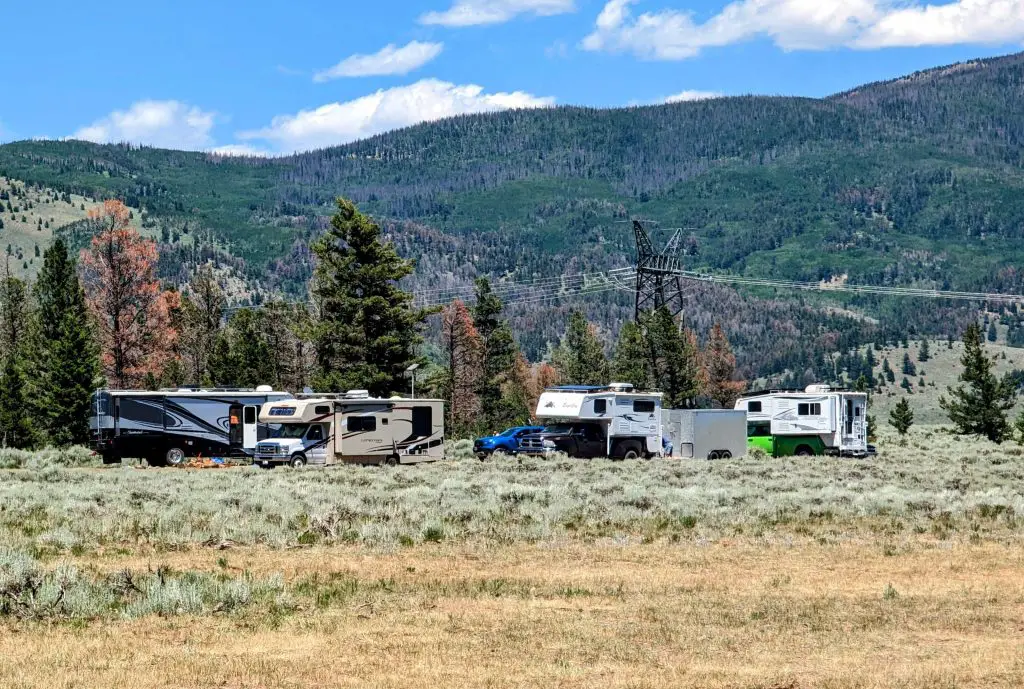Last Updated on July 7, 2023
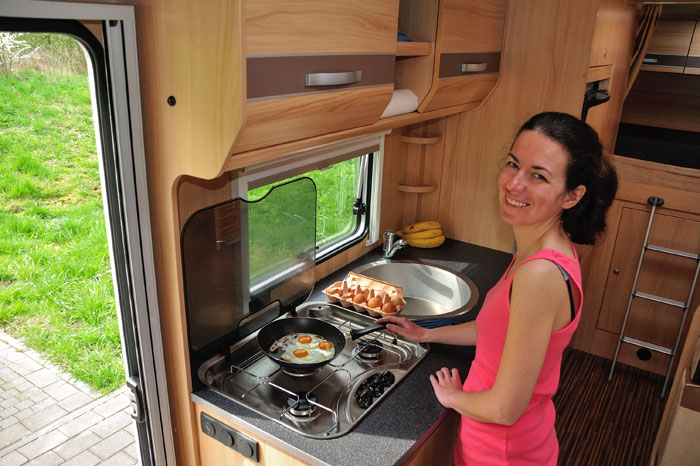 When you live in your RV full-time home may be where the heart is, but it is also where you park. I LOVE this lifestyle because of the spontaneity, freedom, and sense of perpetual adventure. Some people like living without any firm roots set anywhere because they are free to explore and go as they please. Full-time RVers do not settle down in a geographical community. Rather, they develop a unique community through online forums, communities, and camping clubs (my tribe is the XSCAPERS). With a worldwide network of virtual contacts, these full-time travelers can set up temporary roots anywhere they desire.
When you live in your RV full-time home may be where the heart is, but it is also where you park. I LOVE this lifestyle because of the spontaneity, freedom, and sense of perpetual adventure. Some people like living without any firm roots set anywhere because they are free to explore and go as they please. Full-time RVers do not settle down in a geographical community. Rather, they develop a unique community through online forums, communities, and camping clubs (my tribe is the XSCAPERS). With a worldwide network of virtual contacts, these full-time travelers can set up temporary roots anywhere they desire.
As exciting as this all sounds, there are issues when it comes to residency. And before you ask, you need residency if you want to vote, register your car, file taxes, or get health insurance. The system is not set up to accommodate RV nomads which is where problems can arise for freedom seekers. The good news is that there is a way to establish residency and still live in your RV and travel the country.
Domicile or Residency
The terms “domicile” and “residency” may sound similar, but they each have unique definitions and meanings.
Domicile is the legal connection you have with a specific place or land. While there isn’t a universally accepted definition, it generally refers to your permanent home or the place you intend to return to after temporary absences. It’s important to note that you can only have one domicile at a time. The concept of RV domicile can be misleading since it is not tied to the structure or vehicle you live in.
On the other hand, residency pertains to actually living in a particular structure or vehicle, such as an RV. Residency is where you currently reside, separate from your domicile. Unlike domicile, you can have multiple residences, including various houses or RVs. Residency is about the state you actually live in. The residency laws for each state are different, however, most have a clause about living in the state for a certain time period before you can claim residency. The whole purpose of living out of your RV is to avoid being in one place for too long, hence the problem.
In summary, you can have multiple residences but only one domicile at a time. Domicile involves intent and allows for a change in domicile by expressing the intention to permanently reside in a new location and taking the required legal steps to establish ties to that place.
So you probably want to set up your Domicile, not your residency.
[amazon table=”11071″]
How To Set Up Your Domicile
There are three states that support full-time RV living; South Dakota, Florida, and Texas. They are popular because they offer savings when you choose to establish residency within them. These three states do not have state income tax as well as low-level rates for vehicle registration and insurance. Of course, if you are attached to a particular state, you can use one of the methods above to set up residency wherever you like.
Research Residency Requirements: Look into the residency requirements of different states that are favorable for RV owners, such as the states mentioned earlier. Understand the specific criteria, such as minimum stay duration, proof of address, and other documentation needed to establish residency.
Choose a Domicile State: Select a state that aligns with your preferences and offers favorable residency benefits, such as lower taxes, registration fees, and insurance costs. Consider factors like climate, healthcare facilities, proximity to necessary services, and personal preferences when deciding on a domicile state.
Gather Necessary Documents: Once you’ve selected a state, gather the required documents to establish residency. Common documents may include proof of address (such as utility bills or lease agreements), identification (driver’s license or passport), vehicle registration and insurance, and any additional state-specific documentation.
Establish a Physical Address: You will need a physical address to receive mail and establish residency. This can be achieved through various means, such as using a mail forwarding service, a friend or family member’s address, or renting a mailbox in the chosen state.
Change Your Official Address: Update your official address with relevant institutions and organizations. This includes updating your address with the United States Postal Service (USPS), financial institutions, insurance providers, and any other entities that require your current address.
Establish Ties to the Domicile State: To solidify your residency, establish ties to your chosen domicile state. This can include opening a bank account in that state, obtaining a local driver’s license, registering to vote, and joining local clubs or organizations.
Reach out to a friend
If you want the simplest solution is to reach out to a friend or family member that is willing to let you use their address for residency. This way you have a physical address for mail, driver’s licenses, tax information, and registration. Some people do not want to place this burden on friends and often they do not have people willing to help. There are numerous mail forwarding agencies that will set you up with a street address, so you can get residency. I have been using Escapees mail forwarding service and I reside in Texas. You do, however, need to spend a little bit of time in this state to take care of the paperwork and legal documents. You need to get a driver’s license in person as well as register and insure the vehicle, so plan to spend some time in the chosen state to handle your affairs.


